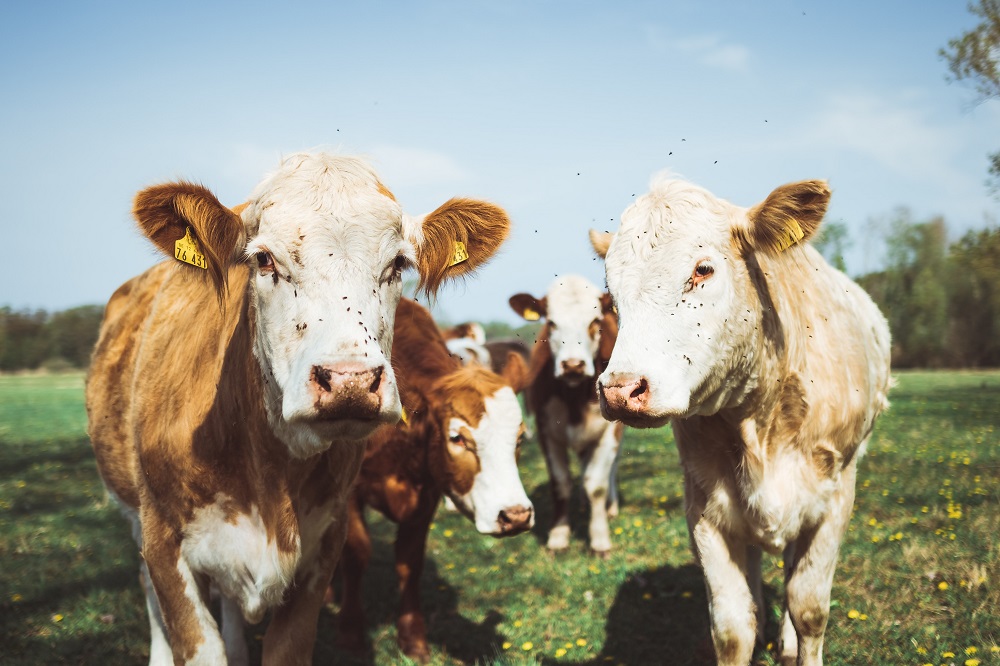The dairy sector and the world’s food supply are suffering from extreme heat and increased disease risks to cows.
Dairy cows are being stressed by scorching temperatures all around the world, according to a recent Time article. Arid weather and storms make the situation worse by wilting or destroying the grass and other crops that dairy cows consume.
“In the U.S. alone, some scientists estimate climate change will cost the dairy industry $2.2 billion per year by the end of the century,” explains Time. “If greenhouse gas emissions remain high, one study estimates that the dairy and meat industries will lose $39.94 billion per year to heat stress by that same date.”
Additionally, by 2085, milk production in India may decline by as much as 25% due to extreme weather. According to research by the National Dairy Research Centre in Karnal, Haryana, milk yield losses due to heat stress are predicted to increase to 3,39,000 tonnes during this decade (2020–29) and 6,29,000 tonnes over the next in Punjab, Haryana, and western Uttar Pradesh (2030-39).
This could have an enormous impact on food security in the country, as India is expected to soon surpass China as the world’s most populous nation. India is by far the largest milk producer in the world, Time explains, adding that tens of millions of small farmers who keep few animals are mostly responsible for its enormous amounts of milk production.
Meanwhile, studies have shown that heat stress negatively affects dairy cows’ feed intake, milk supply, follicle growth, and reproductive capabilities.
Cattle are also dying from a new, invasive illness carried by ticks. According to MIT Technology Review, the prevalence of theileria, a member of the malaria family, has quickly expanded in the U.S. from as much as 2% to 20% in only two years. And we are aware that tick prevalence is rising due to climate change.
Biotech, and specifically gene editing, can provide solutions to all of these challenges, including:
- Helping cows better withstand extreme heat and arid conditions by gene editing the cows to have a “slick coat.” This makes them resistant to heat and gives them the ability to function in extreme weather conditions. The U.S. Food and Drug Administration (FDA) recently greenlit these cows for marketing for food.
- Gene editing ticks to transmit fewer diseases.
- Gene “ditin” crops to grow well in hot and dry conditions.




